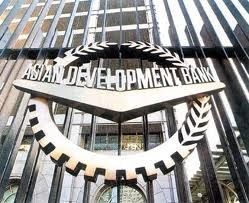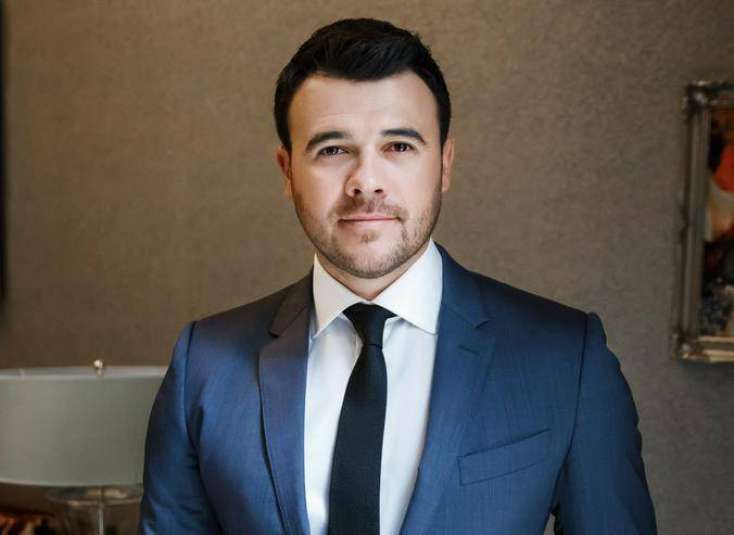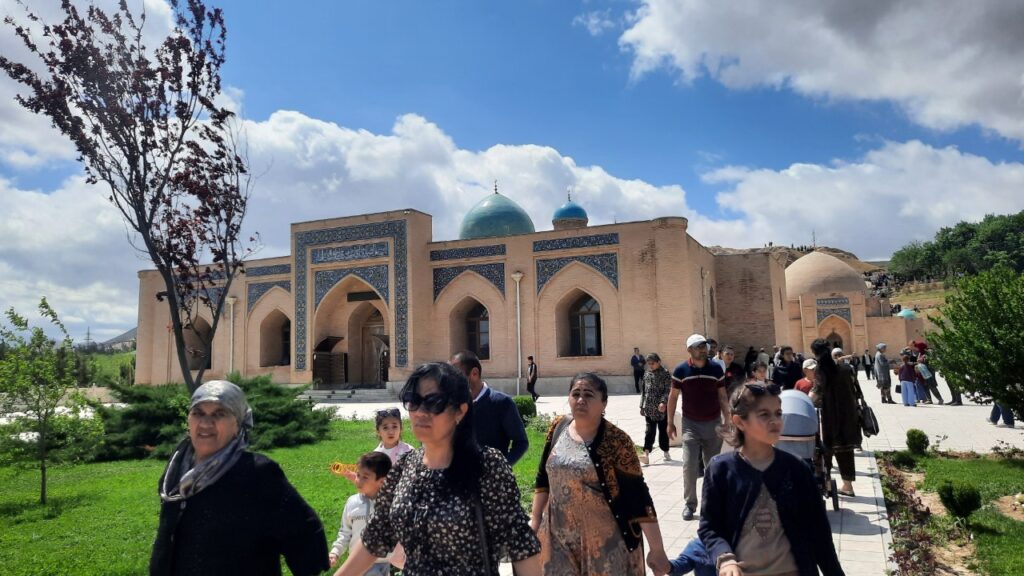TASHKENT (TCA) — Asian Development Bank (ADB) President Mr. Takehiko Nakao on November 13 met with the President of Uzbekistan Shavkat Mirziyoyev for the second time since Mirziyoyev became President. They agreed to further strengthen the almost 25-year partnership between ADB and Uzbekistan, the Bank’s press service said.
“ADB values its deep and strong ties with Uzbekistan since the country joined ADB in 1995, and will continue to support the country’s macroeconomic policies, structural reforms, and development priorities,” said Mr. Nakao. Mr. Mirziyoyev invited ADB to take a lead role in developing the country’s long-term strategy and investment planning for irrigation and roads. He also requested ADB to expand its efforts on regional energy projects. Mr. Nakao welcomed this request and assured support.
On the first day of his 2-day visit, he also met with Deputy Prime Minister and ADB Governor Mr. Elyor Ganiev, Deputy Prime Minister and Minister of Finance Mr. Djamshid Kuchkarov, Minister of Investments and Foreign Trade Mr. Sardor Umurzakov, and other senior officials.
On November 14, Mr. Nakao will deliver the special address at the 18th Ministerial Conference of the Central Asia Regional Economic Cooperation (CAREC) for which Uzbekistan shows strong leadership as chair of the CAREC Program in 2019.
During the meeting with President Mirziyoyev, Mr. Nakao commended the government on its successful reforms, which aim to increase economic growth and create quality jobs. He noted that ADB recently revised upward Uzbekistan’s growth forecast for the country to 6.0% for 2020 following stronger-than-expected growth of 5.7% in the third quarter of 2019. At the same time, Uzbekistan is facing macroeconomic challenges including a large current account deficit and increasing external debt during transition. It is encouraging to see the government’s efforts to examine external borrowing more carefully and slow down credit expansion aimed at containing high inflation and reducing the current account deficit.
“I am highly encouraged by the government’s determination to transform the country to a market-driven economy. During this important phase of the country’s development, ADB is committed to fostering reforms in all strategic sectors of Uzbekistan’s economy and build upon the strong support we have already provided in the energy, transport, agriculture and water resources, finance, and urban development sectors,” said Mr. Nakao.
ADB recently approved a new 5-year Country Partnership Strategy (CPS) for Uzbekistan that is closely aligned with the government’s long-term objectives and will support private sector development, reduce economic and social disparities, and promote regional cooperation and integration. ADB will mobilize more than $1 billion a year in the next three years to create more jobs in rural areas, improve access to health care, and support government reforms in economic management and financial market development.
Mr. Nakao on November 13 witnessed the signing of loan agreements for two projects totaling $165 million. The $150 million Livestock Value Chain Development Project will increase access to credit for livestock farmers and entrepreneurs, and veterinary and other animal health services. The $15 million Urban Services Project Readiness Facility will improve the design and delivery of much-needed urban infrastructure and services in Uzbekistan’s rapidly expanding cities.
Mr. Nakao also visited the Ministry of Investments and Foreign Trade in Tashkent, where he watched via remote video access a real-time display of the computer control center of the Advanced Electricity Metering Project in Samarkand, Bukhara, and Dizzak regions. The ADB-supported project installed modern, accurate, and theft-proof electricity revenue meters, or smart meters, in the three regions to minimize commercial losses and help improve energy efficiency.
Since Uzbekistan joined ADB, the bank has committed 75 loans totaling $8.1 billion, including two private sector loans totaling $225 million. ADB also provided $6 million in equity investment, $218 million in guarantees, and $97.7 million in technical assistance grants. To date in 2019, ADB committed five loans totaling $637.3 million to develop horticulture value chain infrastructure and livestock value chains; improve the efficiency of railway transport; increase access to drinking water supply; and enhance the delivery of urban infrastructure projects.









